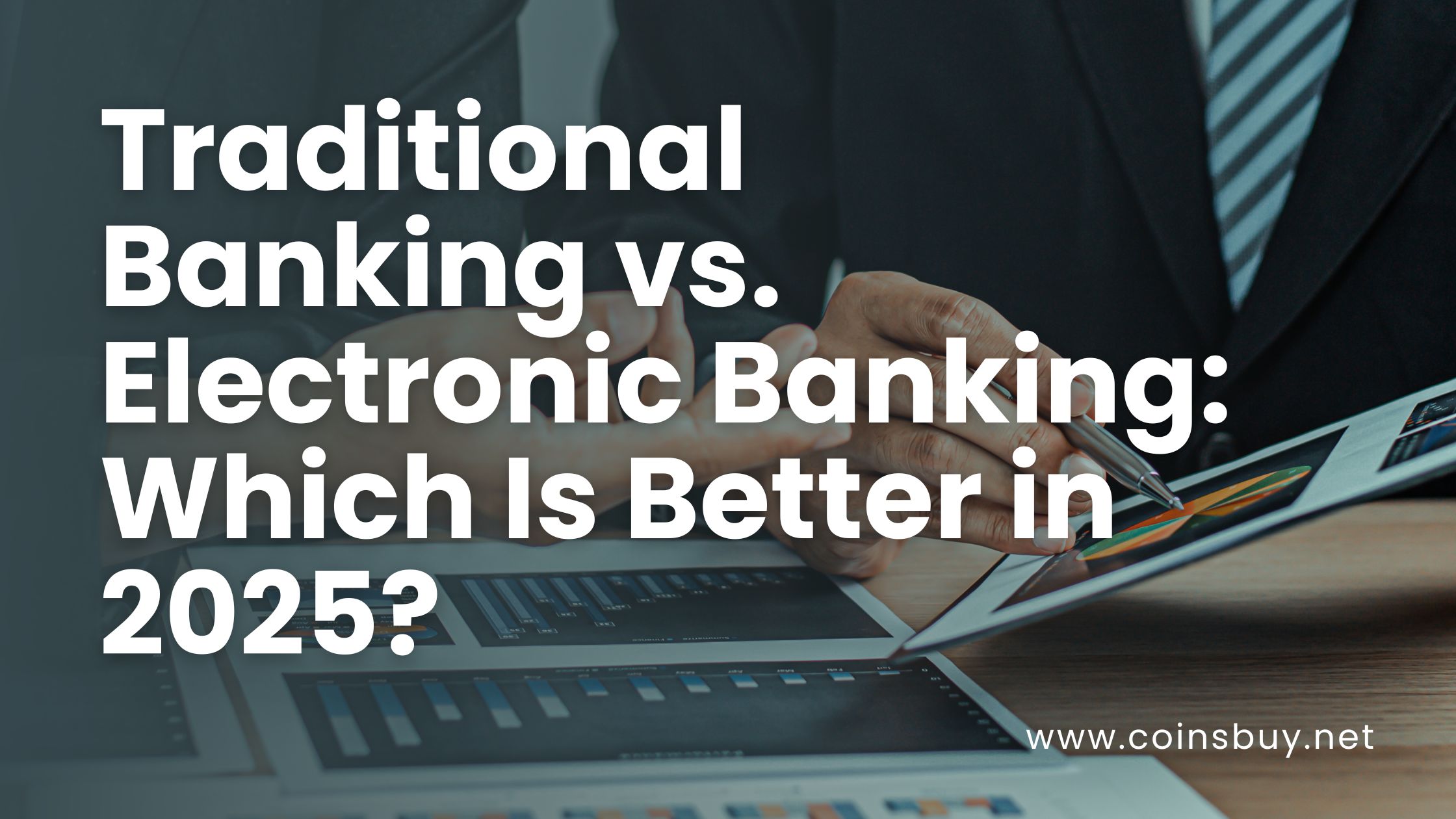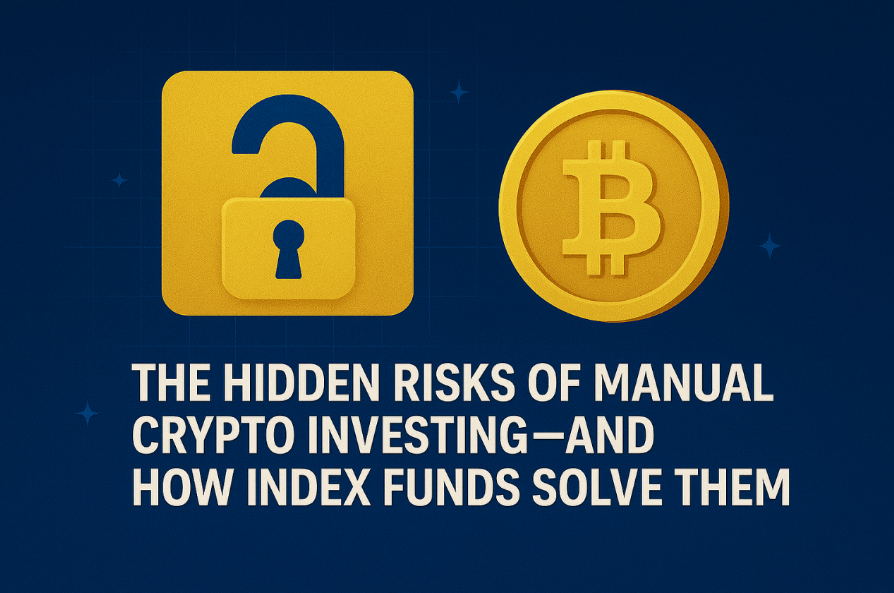As an innovative technology, Bitcoin and cryptocurrencies have faced unclear regulatory treatment. However, through proactive collaboration, the cryptocurrency ecosystem has made remarkable progress in integrating with prudent regulations to gain mainstream acceptance. The community has embraced compliance obligations to unlock cryptocurrency’s potential safely.
Leading in Anti-Money Laundering Practices
Cryptocurrency businesses have invested heavily in robust anti-money laundering (AML) programs utilizing identification, blockchain analytics, transparency, and partnerships with traditional finance. These compliance efforts have created a new standard for consumer protection and financial privacy while preventing illicit activity.
Enhancing Security and Risk Management
Security and risk management are top priorities in the cryptocurrency industry. Leading exchanges and custodians leverage cold storage, multi-signature infrastructure, and insurance to protect assets. Developers build resilient networks and wallets with a security-first mentality. These practices strengthen consumer confidence and systemic stability.
Integrating Tax Reporting Efficiently
Despite early uncertainty, cryptocurrency tax tools have smoothed integration with reporting requirements. Auto-generating tax documents, importing transactions, calculating capital gains, and seamless connections with widely-used tax software empower users to properly meet obligations.
Protecting Privacy Rights Thoughtfully
The cryptocurrency community has successfully distinguished lawful privacy features from illegal anonymity and defended consumer privacy rights. Enhancements like CoinJoin and private wallets align with financial privacy protections while meeting transparency requirements.
Expanding Access Responsibly
Leading companies take a proactive approach to serving underbanked groups, partnering with local organizations to develop financial inclusion programs within the bounds of AML policies. This demonstrates cryptocurrency’s social promise.
Creating Accountability Through Governance
The cryptocurrency industry has pioneered governance models including codes of conduct, best practices, and risk assessment frameworks. These self-regulating efforts signal accountability and reliability to the public.
Navigating Global-Regulation Strategically
Despite fragmented regulations across jurisdictions, businesses make good-faith efforts to comply globally by avoiding high-risk areas, limiting access, and following strict protocols. Engagement with local regulators has been crucial for navigation.
Building Compliance Into Design
Thoughtful developers integrate compliance capabilities like identity verification and privacy protections into product design proactively rather than circumventing regulations. They diligently seek proper legal guidance to create a compliance-first environment.
Conclusion
By embracing judicious regulation, including the use of the Bitcoin wallet, the cryptocurrency industry has made remarkable strides in mainstreaming compliance while unlocking digital currency’s potential. It is safer and more secure to use a Bitcoin wallet that is compliant and trusted. With continued leadership and collaborative governance, the future is bright for lawful innovation in finance.











